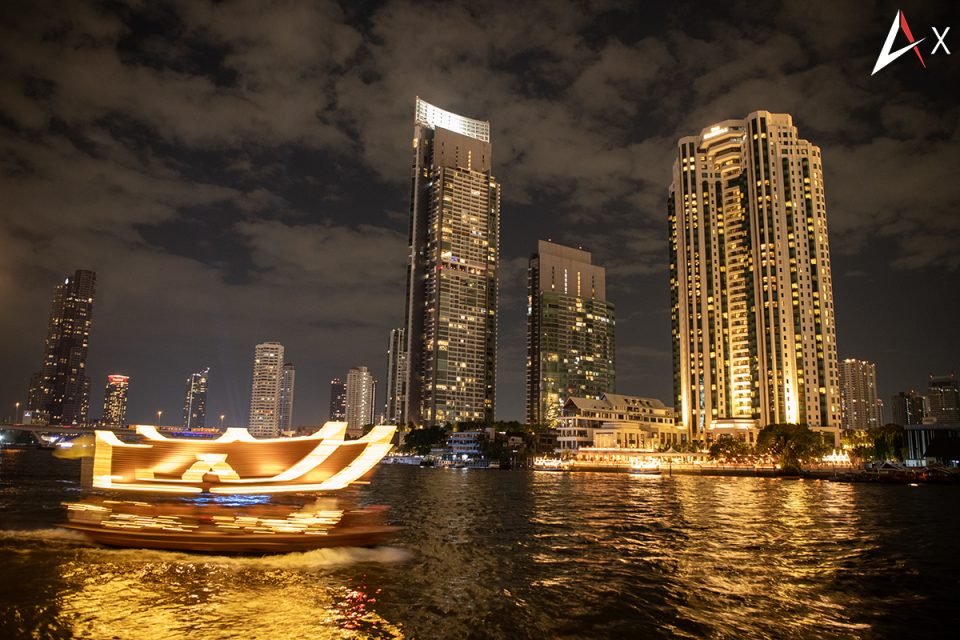The Thai Hotels Association (THA) has expressed concerns to property owners regarding a proposed draft law for hotels, warning that it could violate residents’ rights and jeopardize tourist safety, issues that are already problematic for Thailand.
This draft, known as the Hotel and Overnight Accommodation Act, was submitted to the THA for feedback earlier this month by MP Nataphol Tovichakchaikul. The association has voiced disagreement on several key points, according to THA President Thienprasit Chaiyapatranun.
If approved by the House of Representatives, this legislation will replace the existing Hotel Act of 2004.
Clarification of Definitions
Thienprasit highlighted the most critical concern is the definition of “overnight accommodation,” which refers to properties with no more than 29 rooms for up to 58 guests. This is a significant change from the current law, which limits hotels to a maximum of eight rooms for 30 guests.
He warned that if the draft becomes law, investors who buy multiple units in condominiums or housing estates could legally operate them as hotels after securing a majority vote at their annual general meetings (AGMs). Residents would typically be unaware of such arrangements when purchasing their properties, and some guests may not realize that their stay is in an illegally operated hotel.
Thienprasit emphasized that residents’ rights should be safeguarded.
The association also opposes defining a “room” as a standalone unit within an overnight accommodation. Instead, registration should cover entire buildings to prevent community disturbances and ensure guest safety, as outsiders often lack knowledge of the building’s conditions.
Risks for Residents and Investors
Surapong Techaruvichit, a former THA president and managing director of Asia Hotel Plc, expressed concerns that the draft law could threaten residents of condos or houses intending to live there. Under this draft, units could potentially be converted into hotels simply with prior approval from the juristic person before applying for licenses.
Most residents are passive voters who may not attend their AGMs, making it easier for investors to pass resolutions that convert units into guest accommodations. Tourists hosting disruptive behavior—such as parties, fireworks, or stalking—has been an ongoing problem in popular tourist areas like Bangkok and Phuket, and the use of booking platforms to target specific nationalities exacerbates this.
Potential Hidden Agendas
Pornnarit Chuanchaisit, president of the Thai Real Estate Association, noted that developers often target foreign buyers. If a developer openly markets properties as suitable for overnight guests, it could negatively impact sales, especially since many buyers want to live in their units rather than rent them out.
He criticized the tendency to leave loopholes in laws, relying on enforcement rather than clear regulation, which often results in rule-breaking through bribes or fines. He cited incidents where private estates face issues with guests misbehaving, including disturbing neighbors and engaging in unsafe activities, while owners pay for community maintenance, but transient guests do not contribute.
Environmental and Safety Concerns
The law could also enable owners to bypass environmental impact assessments required for large buildings. Previously, owners might have applied for multiple smaller licenses for each block of rooms, but the increased limit to 29 rooms makes it easier to build larger structures, approaching the size of full-scale hotels.
While Thienprasit mentioned that the THA does not oppose distinguishing between hotels and overnight accommodations, he believes that the latter should be limited to eight rooms and 30 guests. The association also advocates for regulating buildings not classified as hotels or overnight accommodations to ensure tourist safety, asserting that current laws are sufficient if properly enforced.
Safety Standards and Tourist Confidence
Supawan Tanomkieatipume, vice-chairwoman of the Thai Chamber of Commerce’s high-quality tourism committee, pointed out that safety regulations for hotels are more stringent than for smaller properties. Hotels must renew their licenses every five years to maintain safety standards, unlike accommodations with up to eight rooms which are exempt.
Thailand’s reputation regarding safety remains fragile. Several previous efforts to relax safety standards have contributed to this perception. The draft law raises concerns that if incidents affecting tourists occur, the country might struggle to address issues effectively after the fact.





